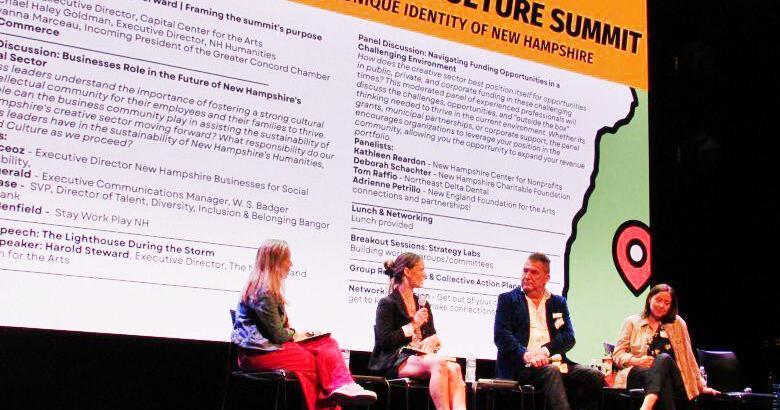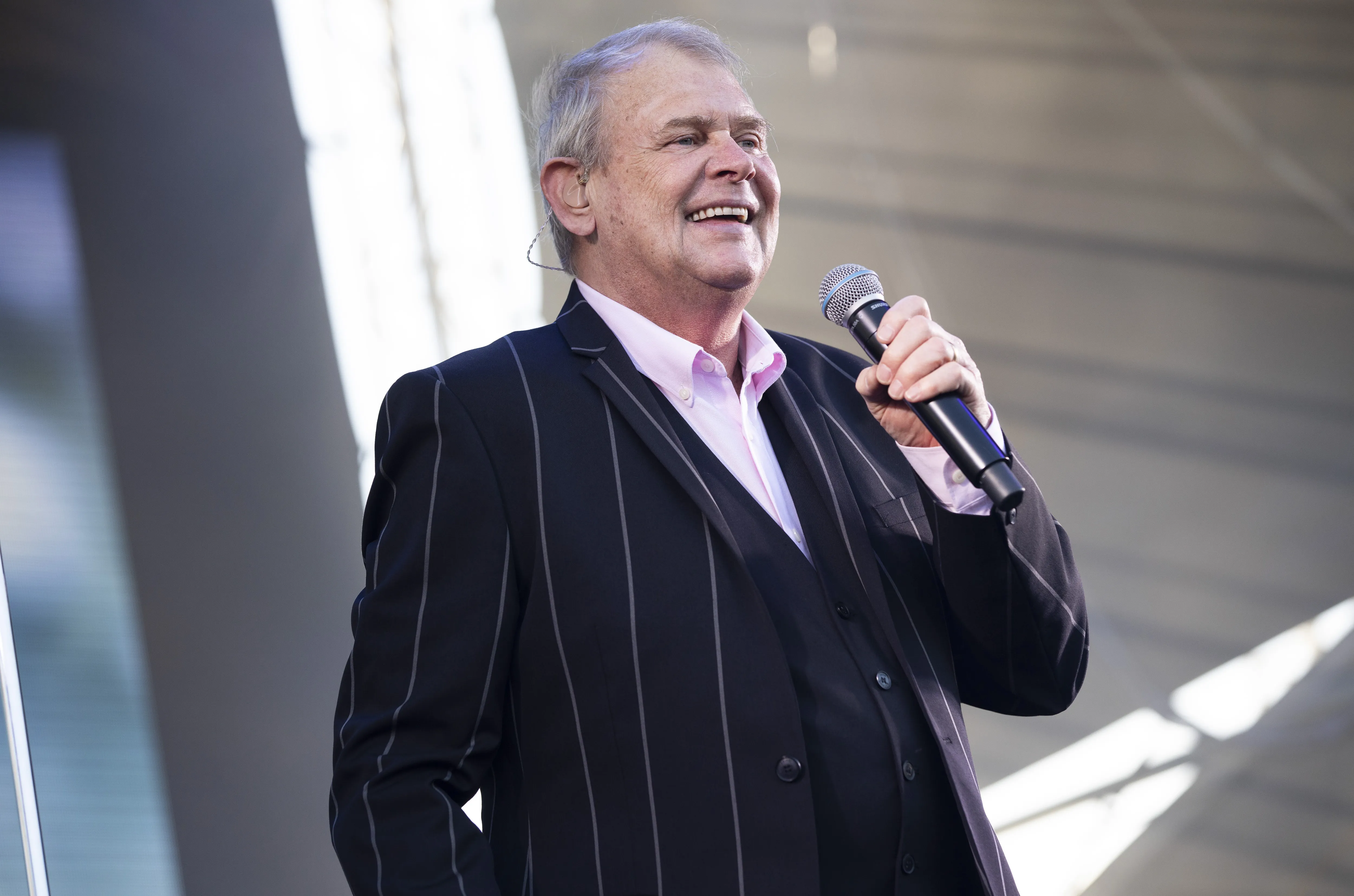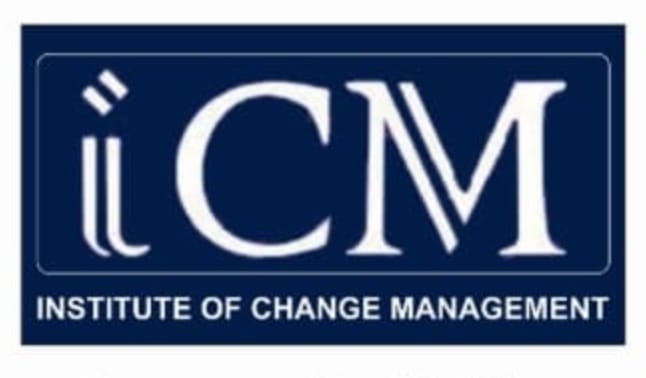‘Steadfastness amongst chaos’: Arts and culture leaders gather at Creative Culture Summit to chart a path forward
By By RACHEL WACHMAN Concord Monitor,Rachel Wachman Concord Monitor
Copyright keenesentinel

For Harold Steward, the arts offer “a beacon of hope.”
As the executive director of New England Foundation for the Arts, Steward has witnessed firsthand the challenges facing the arts and culture sector of the economy, not only in the Northeast but around the country as funding cuts hit at both federal and state levels.
Still, Steward believes the same organizations that are searching for firm footing following such large financial shifts are the ones that will lead the arts forward in the midst of social and political turbulence.
“Like a lighthouse’s unwavering light guides ships through rocky waters, our sector has the responsibility and the opportunity to be the guiding force that illuminates pathways to stabilization, safety and healing through this time,” Steward said in a keynote speech at the N.H. Creative Culture Summit in Concord on Monday.
In the wake of slashed arts funding in New Hampshire and the near-elimination of the State Council on the Arts in the spring, the summit brought together representatives from organizations around the state, such as theaters, libraries, music schools, historical societies, a brewers’ association and more.
Stakeholders in the creative economy congregated to discuss challenges facing their sector, build connections and chart a collaborative path forward. Attendees came from as near as Concord and Manchester and as far as Portsmouth, Keene, Nashua and Boston.
Organized by advocacy group Arts4NH and hosted at the Capitol Center for the Arts, the summit provided the first step forward for organizations reeling from the loss of funding.
“The ability of the cultural community to band together to subside the harm that it has encountered and move us strategically forward is still true as an active muscle in New Hampshire,” Steward told the crowd of nearly 200 people, with 120 in-person attendees and at least another 70 tuning in remotely.
Michael Haley Goldman, executive director of N.H. Humanities, believes that the priority of arts leaders must be banding together to help others understand the impact of the creative sector.
His own organization was hit hard by the defunding of the National Endowment for the Humanities.
“We have to change that narrative, because what we do is central to what it means to be human,” Goldman told attendees. “It’s central to who we are, as people, as a species, as communities, as the state of New Hampshire, as the United States and in the world.”
Republican legislators across New Hampshire argued in the spring that the arts and humanities qualify not as a “need” but as a “want.” Similar rhetoric has been utilized on a national level, and Goldman, like most everyone at the summit, disagrees with that assertion.
“We are part of the identity of New Hampshire, and we need to own that and use it as we move forward and fight our corner, whether it’s legislative opportunities, whether it is marketing, all those sorts of things. We are important to the state,” he said.
New Hampshire’s arts and culture economic sectors had a $3.4 billion impact and represented 21,000 jobs in 2022, according to data collected by the U.S. Bureau of Economic Analysis and the National Assembly of State Arts Agencies.
When people go to a show at a performing arts center, they often stop at a nearby restaurant for dinner, panelist Zeina Eyceoz explained while discussing the role of the arts in the economy as a whole. She serves as executive director for N.H. Businesses for Social Responsibility.
“If you have a creative gig, you want a website. You want a website developer to promote your entrepreneurial endeavor,” she said. “There’s so many ways where it’s embedded in the economy, and the value has to be shown, because it’s sometimes taken for granted.”
In addition to bolstering the local economy, the creative sector also plays a large role in retaining employees across the state, according Bryanna Marceau, incoming president of the Greater Concord Chamber of Commerce.
“From a workforce perspective, every business leader knows that quality of life is no longer a nice-to-have when you’re recruiting and retaining talent to work at your business. It’s a must-have. It’s essential,” she said at the start of the summit. “When we support the creative economy, we’re not just investing in arts, we’re investing in workforce development and overall long-term vitality in our state.”
Ben VanCamp came to the summit from Portsmouth, where he works as the president of the Chamber Collaborative of Greater Portsmouth.
Like many places around the state, the Seacoast is rich in arts organizations, and VanCamp said he attended the event out of a desire to help those groups thrive.
“I don’t think the true impacts have hit the ground yet,” he said. “It’s like COVID, where you feel the impacts on the economy months and months later. I think that’s the phase we’re in right now where the immediate sting of it hasn’t quite hit.”
While the funding landscape may seem bleak, Kate Saunders, executive director of the League of New Hampshire Craftsmen, said there remain opportunities for individuals to show their support for the arts.
“If they value music or theater or art, make an impact by donating to those organizations, supporting those organizations, becoming members of those organizations,” said Saunders. “I think there’s a disconnect with people really understanding the impact our organizations have on why New Hampshire is special.”
Reduced to one employee and $1 of state funding, the State Council on the Arts is one organization navigating a new normal.
Sarah Stewart, commissioner for the Department of Natural & Cultural Resources, oversees the Council, which has adapted its funding model to rely on tax credits and donations. Stewart said there should soon be more information publicly available on how to make a financial contribution.
“The public should be comforted by the fact that the arts and culture sector is really galvanizing together to make sure that there’s no long-term pain because of one budget cut,” Stewart said. “We’re going to be okay, but working together and collaborating to be efficient and effective is key right now.”
In the meantime, state Sen. David Rochefort is working on drafting a bill (LSR 2078) to re-establish the commission that studied the economic impacts of the arts and culture sector within the state.
Beyond speeches and panels, the summit gave attendees the chance to break into smaller sessions and form subcommittees to maintain the momentum created at the event.
The day laid the foundation for action to come.
“A lighthouse’s purpose is clear — to warn mariners of hazards, provide navigation and serve as a landmark,” Steward said, harkening back to the initial metaphor of his keynote. “Who are we warning of hazards, providing navigation to, and what kind of landmarks are we? It is a symbol of steadfastness amongst chaos.”



